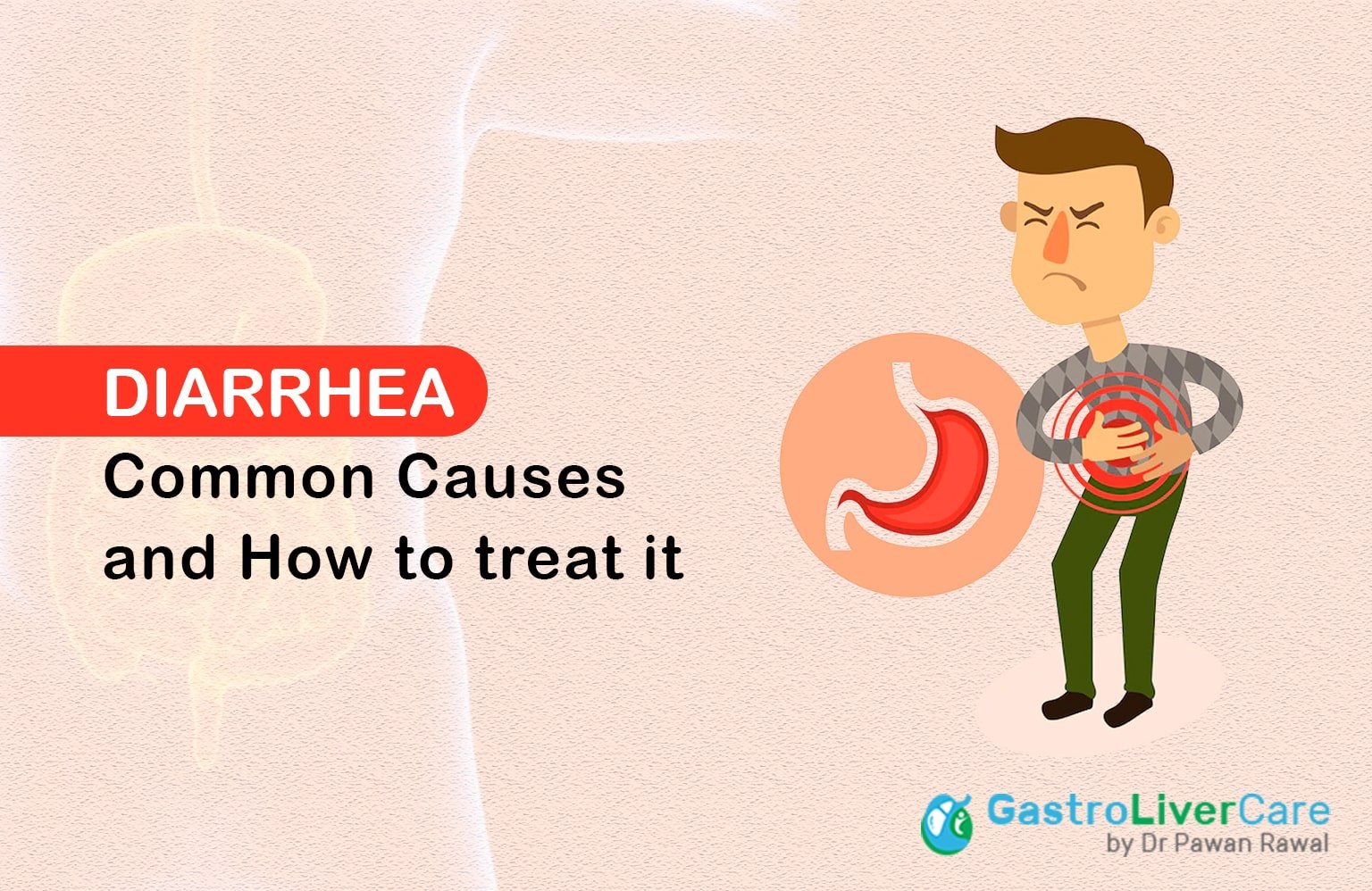Are you dealing with persistent discomfort from chronic diarrhea? Unravel the mysteries behind this ongoing digestive issue and discover effective ways to regain your well-being. Our comprehensive guide explores the causes, symptoms, and solutions for chronic diarrhea, empowering you to take control of your health. Say goodbye to inconvenience and hello to a better quality of life.
Frequent, urgent bowel movements and the presence of loose, watery feces cause diarrhea. Acute or persistent diarrhea may occur.
Acute diarrhea is characterized by a duration of one to two days. You may get diarrhea due to a viral or bacterial infection caused by anything you ate or drank.
It occurs most days for three to four weeks or more. The following are common causes:
- Irritable bowel syndrome (IBS),
- inflammatory bowel disease (IBD),
- and disorders such as celiac disease interfere
Causes of Chronic Diarrhea
Among the disorders and conditions that might cause diarrhea are:
Viruses:

Norwalk virus (commonly known as norovirus), cytomegalovirus, and viral hepatitis can all cause diarrhea. Rotavirus is a leading cause of severe diarrhea in young children.
Additionally, the virus that causes coronavirus infection 2019 (COVID-19) has been linked to gastrointestinal symptoms, such as nausea, vomiting, and diarrhea.
Pathogens and parasites:

Diarrhea is caused by exposure to harmful bacteria, such as parasites. In underdeveloped nations, diarrhea caused by harmful germs and parasites is known as traveler’s diarrhea. Clostridioides difficile is a bacteria that can cause diarrhea after taking antibiotics or when hospitalized.
Medications:

Numerous drugs, including antibiotics, can cause diarrhea. Antibiotics ease infections by eliminating pathogenic bacteria, but they also eliminate beneficial microorganisms.
This disrupts the natural balance of bacteria in your intestines, causing chronic diarrhea or an illness such as C. diff. Anti-cancer pills and magnesium-comprising antacids are additional therapies that cause diarrhea.
Lactose intolerance:

The sugar lactose is present in milk and other dairy products. Those who have trouble digesting lactose experience diarrhea after consuming dairy products. Age can increase lactose intolerance because levels of the enzyme that aids in lactose digestion decline with age.
Fructose:

Fructose is a naturally occurring sugar found in fruits and honey. Occasionally, it is used as a sweetener in certain beverages. Individuals who have difficulty digesting fructose may have diarrhea.
Treatment for Chronic Diarrhea
If your condition is moderate, you may not require treatment. Adults can take over-the-counter pills like loperamide, available without a prescription.
Additionally, it would help if you stay hydrated. Each day, you should have at least six 8-ounce glasses of fluids. Choose electrolyte replacement drinks or non-caffeinated soda.
Chicken broth (fat-free), tea with honey, and sports drinks are excellent options. Instead of consuming liquids with meals, consume them between meals. Frequently sip small amounts of drinks. Liquid probiotics may also help.
Diarrhea can be a chronic issue. It can normally take a few days or weeks in acute cases and diarrhea can be an unpleasant disease till it passes. In some cases, it can last for months or years and it become chronic. It becomes a serious risk to human health, in this condition, the patient should consult the best gerontologist doctor. Gastro doctor will help you to prevent diarrhea and other stomach issues.






